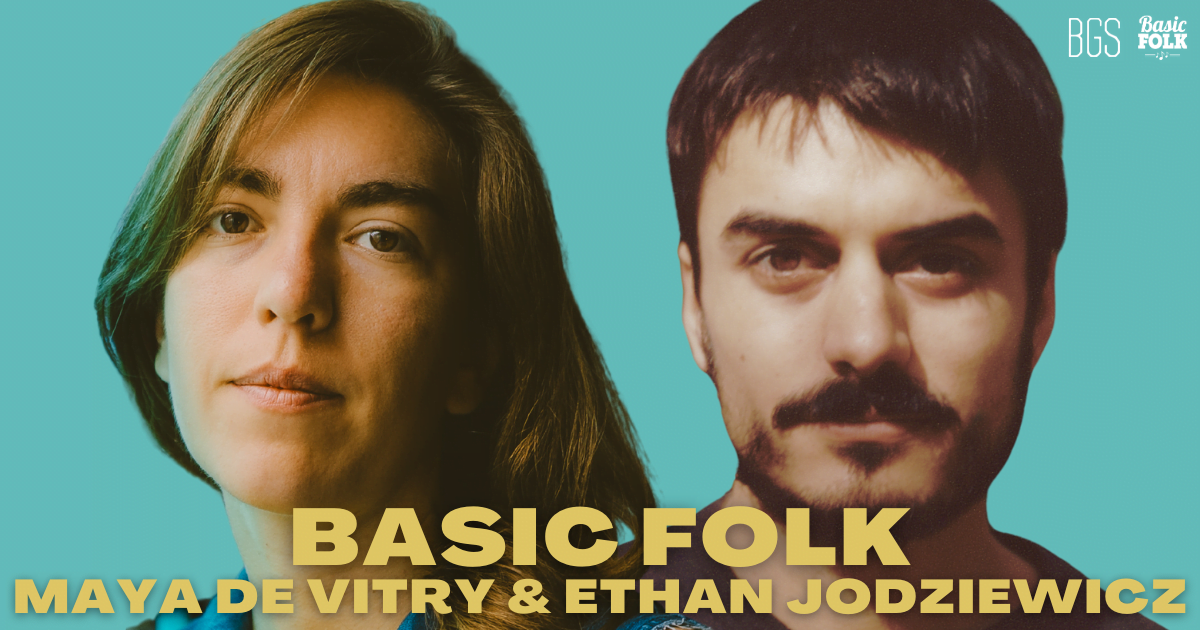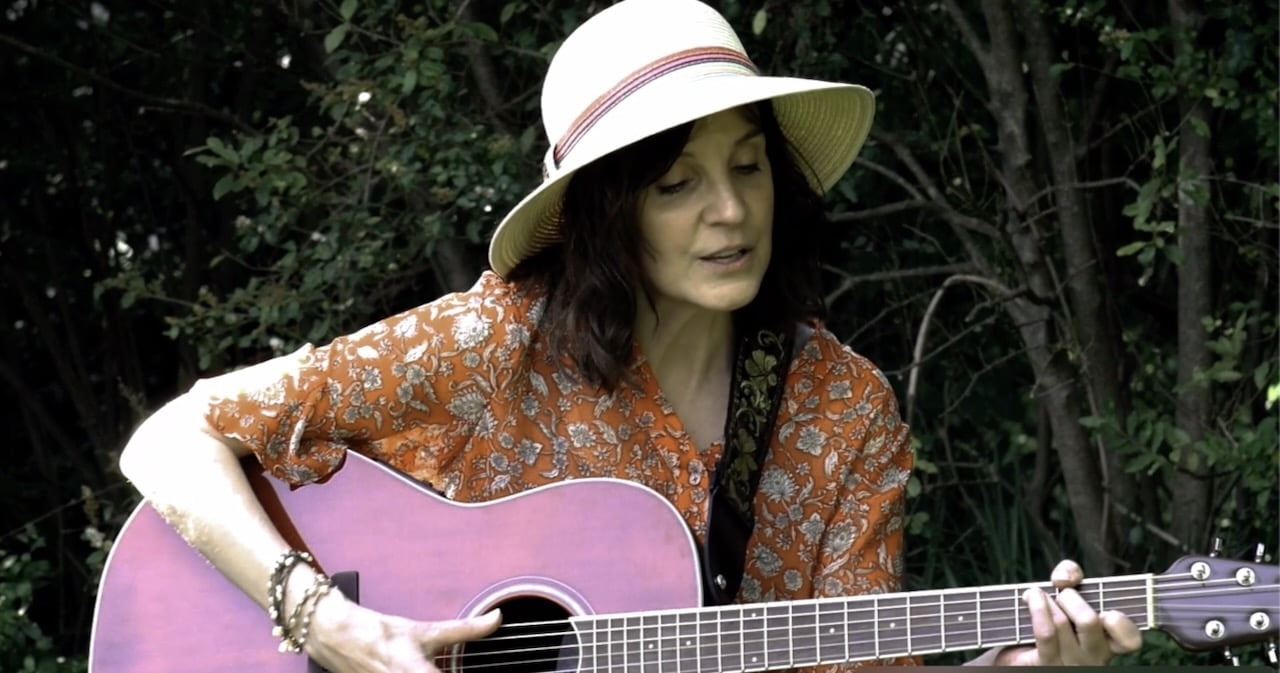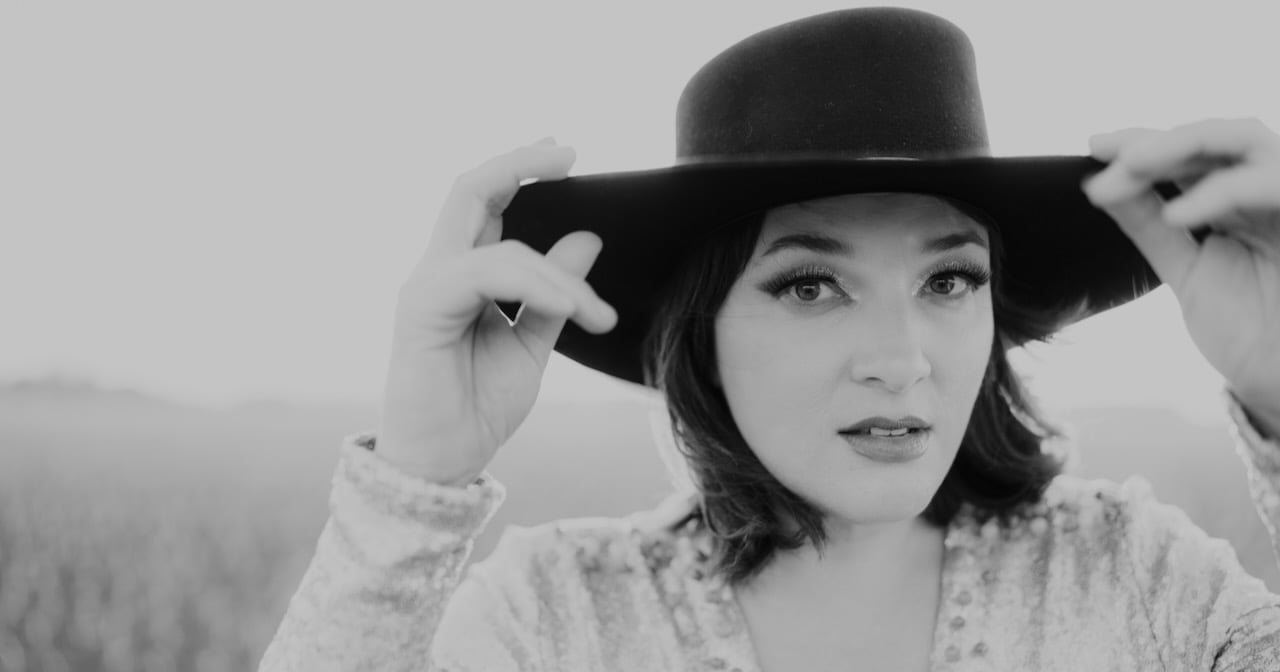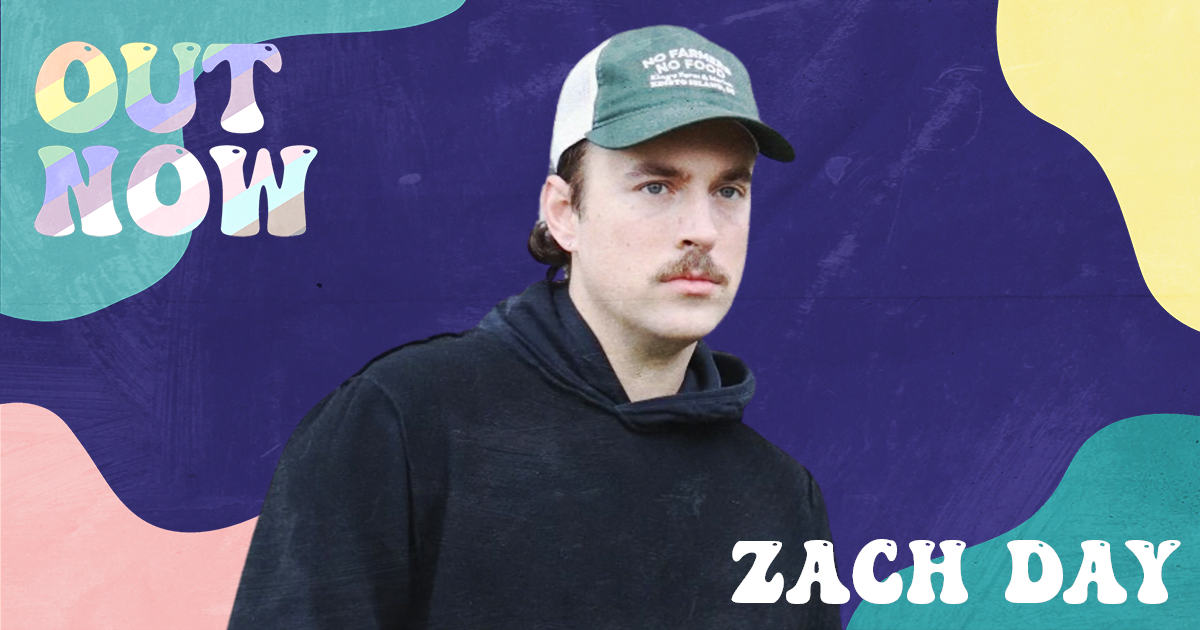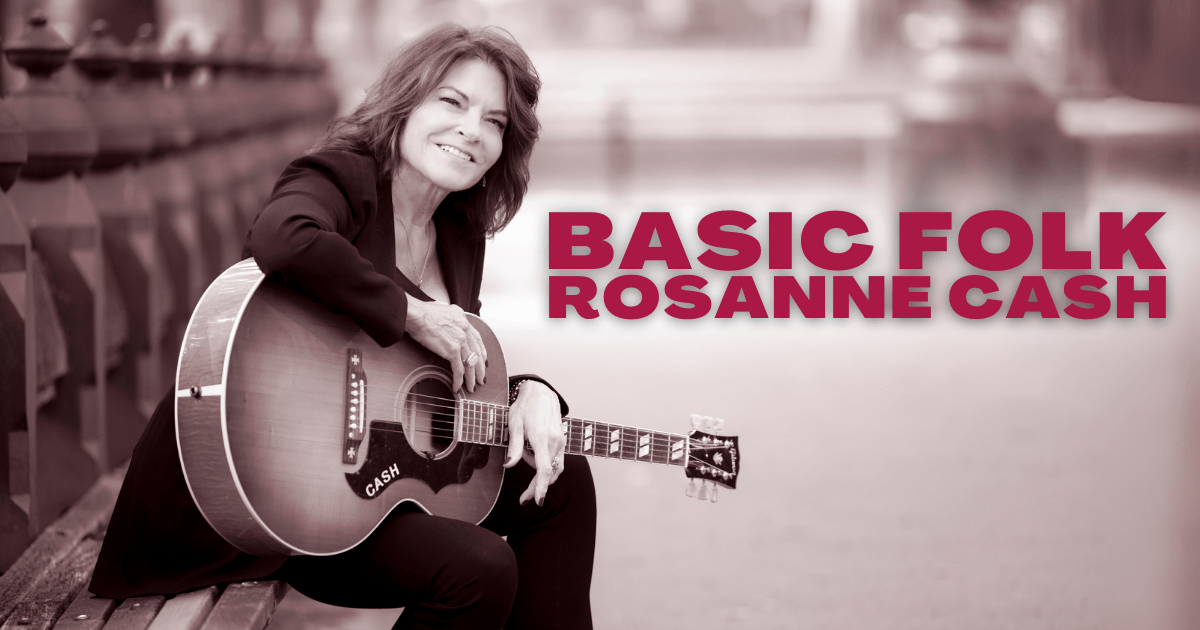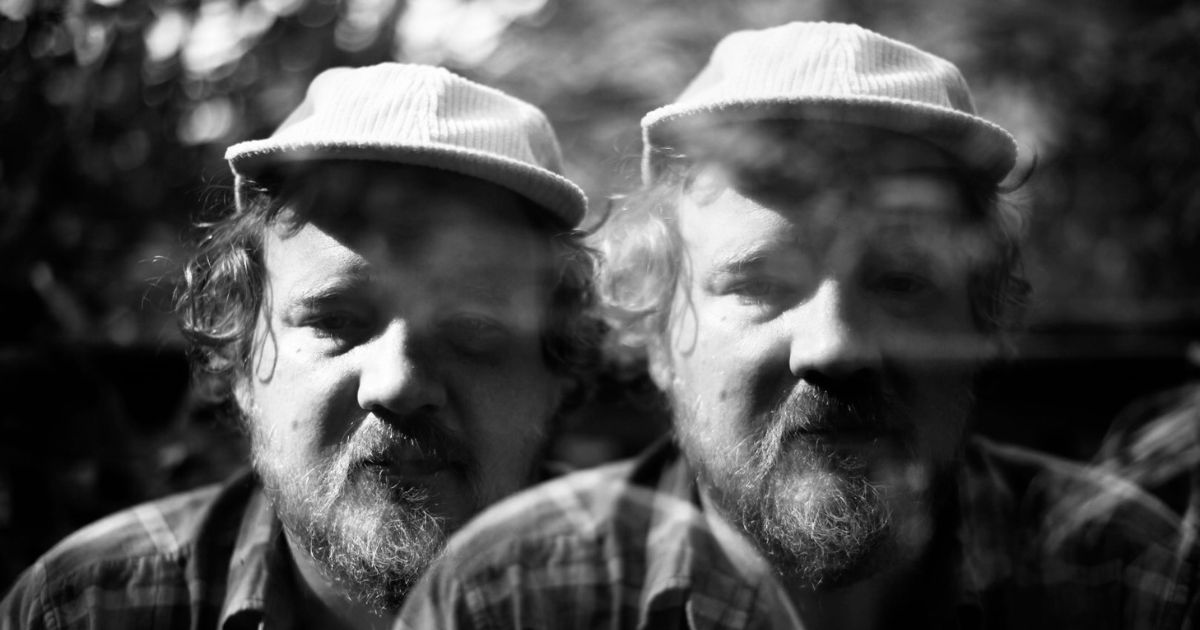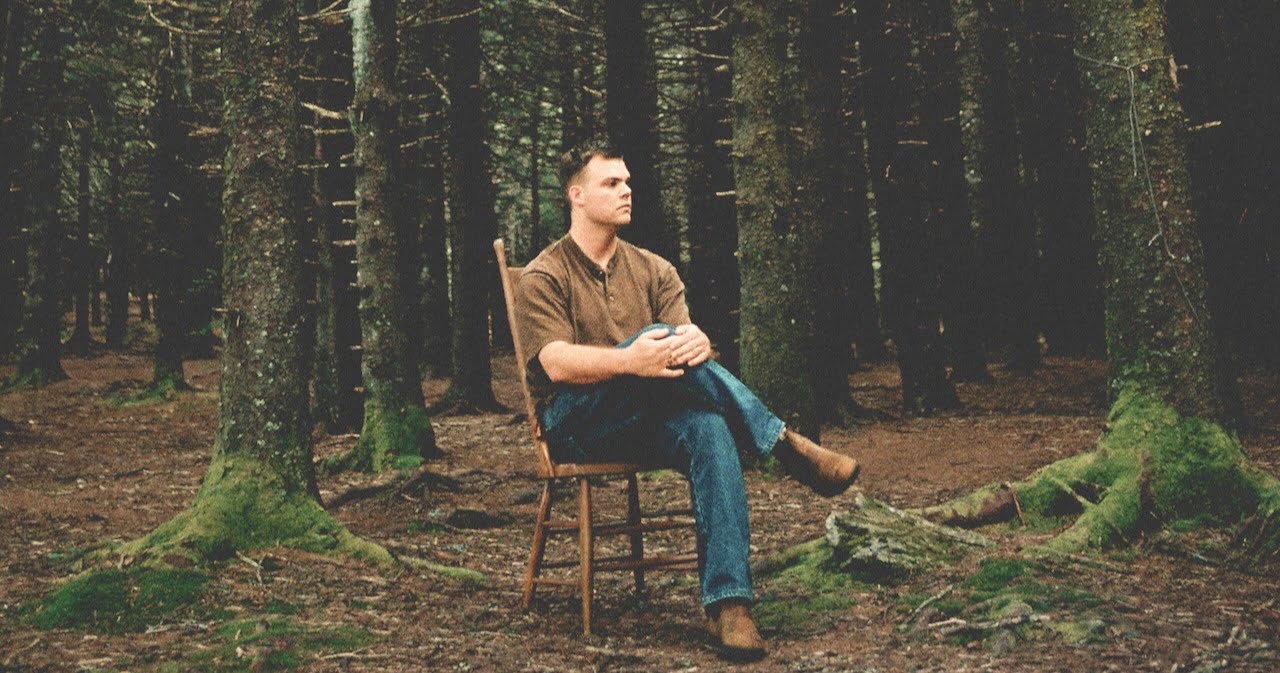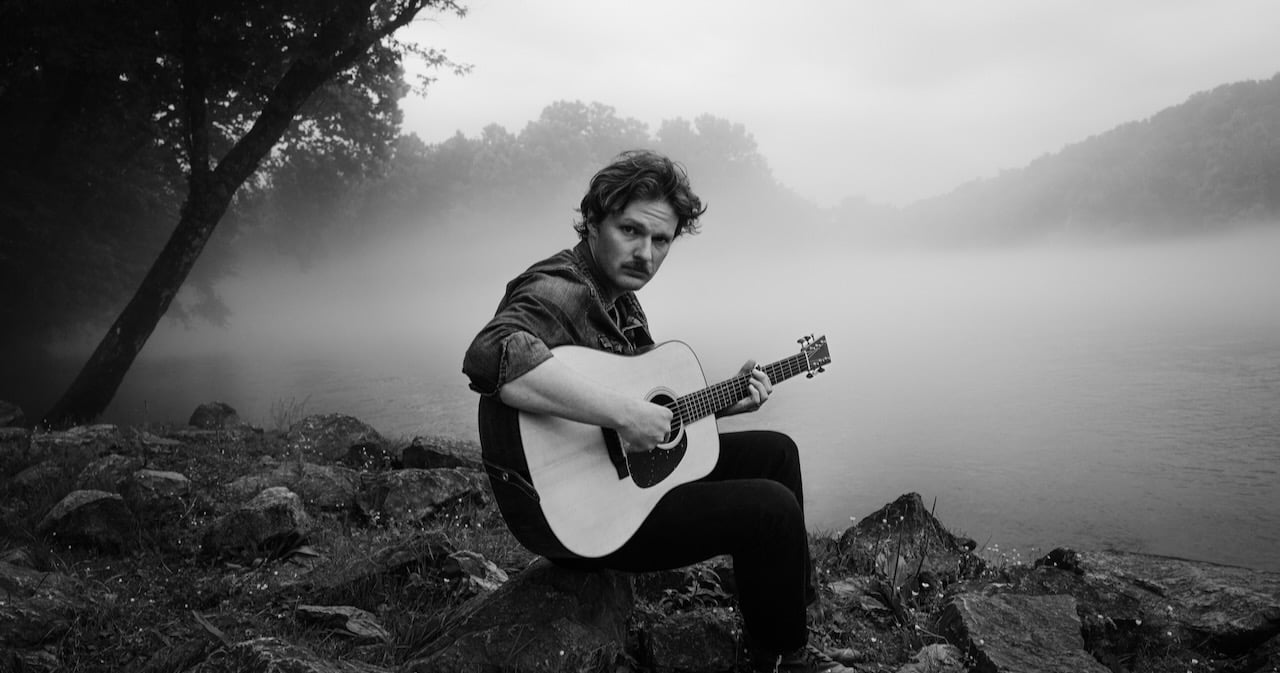Madeleine Kelson blends traditional folk, country, and Americana. She played Queerfest and took part in AmericanaFest this year, has been featured multiple times on NPR, and was a finalist in the Kerrville Folk Festival’s New Folk Competition.
Madeleine is from Chicago and based in Nashville, where she lives with her partner. Her single, “The Way I Do,” displays her relationship with her partner through a lens that shows how ordinary queer relationships can be: Drinking coffee every morning, coming home for dinner, and falling asleep beside each other every night. The hook declares, “God has never loved a woman the way I do.” It’s an iconic LGBTQ+ anthem, and in my opinion, it’s one of the most compelling songs about queer love and pride.
We’re proud to promote this dedicated and creative up-and-coming coming artist. Our Out Now interview discusses why Madeleine creates music, her favorite LGBTQ+ artists, her release and touring plans for 2024, and more.
Why do you create music? What’s more satisfying to you, the process or the outcome?
Making music has been a part of my life for as long as I can remember. When I started playing and singing as a kid, it was a way for me to connect to the people around me – at first by singing around the house with my mom and my sister and then by playing music with my friends. That’s still a big part of it now, but starting around my teenage years music became a way for me to process big emotions and give them somewhere to live outside of my mind.
As far as the process versus the outcome, I don’t tend to think of making music as having an outcome. A song gets written, and maybe that’s the outcome of songwriting, but then it might get arranged, or performed, or recorded. Even after I stop playing a song at shows, people still listen to it and it grows and changes with them. I’d say the most satisfying part is the impact, whether that be for me or for someone else.
What’s the best advice you’ve ever gotten?
I love this question! I couldn’t pick just one piece of advice, so here are a few:
One from my mom: “No is a complete sentence.”
Some from my grandpa: “Shoot for the moon. You might surprise yourself and get it.” “Follow your passion. If you love what you do that’s what you will do best.“ And “Treat others with respect. The way up can be a hard slow journey but the fall can be very fast and you meet the same people on the way down as you did on the way up.”
I’ll throw in a good Yiddish saying too: “When you have a lot to do, go to sleep.”
Who are your favorite LGBTQ+ artists and bands?
Oh man! Here’s a big long list, because it’s so hard to choose!
Brandi Carlile (I will always look up to her), Freddie Mercury (I listened to a lot of Queen in high school), Indigo Girls, Linda Perry, Allison Russell, Brandy Clark, Aaron Lee Tasjan, Katie Pruitt, Amythyst Kiah, Celisse, Boygenius…
Also want to shout out some amazing local artists that I love: Purser, Autumn Nicholas, Jobi Riccio, Becca Mancari, Denitia, Jaimee Harris, Liv Greene, and Julia Cannon.
For anyone reading this who might not be out of the closet, were there any specific people, musicians, or resources that helped you find yourself as a queer individual?
I was really lucky to grow up in a very liberal city in a very liberal family. When I came out, I knew the people around me would be supportive. Any apprehension I felt had to do with the people outside of my circle and my life beyond Chicago. That being said, I still didn’t really know I was gay until high school. I think the things that helped me find myself were the people around me – having friends who were out, seeing queer couples, going to pride parades, watching shows with queer characters, going to concerts or other events that I knew lots of queer people would attend.
Seeing what that part of my life could look like in other people helped me make sense of who I could be. Coming out is something you don’t do just once, but constantly for the rest of your life. At some point it changed from something I dreaded doing to something that has brought me comfort, joy, and community.
What are your release and touring plans for the next year?
I’m currently releasing singles off of a four-song EP that will be out mid-February. I’ll be on tour with Alaina Stacey supporting that EP, through the Midwest and Northeast starting February 16th in Chicago. Touring is one of my favorite things, and I can’t wait to see everyone at these shows! Seriously, show up. I want to see you!
You’ve done a lot this year, from touring to playing several festivals, including Queerfest, AmericanaFest, and Perseids Music Festival. What’s that been like for you?
It has been so much fun! There are few things that bring me more joy, or make me feel more like myself, than being on stage. It’s such a rush and so emotionally gratifying, even to play sad songs and feel things so deeply with other people. There’s really nothing like it. It’s been a busy year, and one in which I have definitely overcommitted myself, but I’m grateful for every part of it.
In 2022, you released your debut album, While I Was Away, on Olivia Records. Can you share some of the key inspirations and themes behind the album?
While I Was Away was actually my college thesis project! The idea was to write and produce an album that musically pulled from the different building block genres of Americana (folk, rock, country, etc.), and lyrically spoke to the years since I moved away from home. It’s a real time capsule of my life from 18-22. It’s about leaving home, being gay in the South (oy), growing up, watching the kids I babysit grow up, my dog, so many things!
You were also a finalist in the Kerrville New Folk Competition. Could you tell us about that experience?
Kerville Folk Festival was incredible. I had no idea what to expect going into it. I applied on a whim and when I heard that I got in, I could never have imagined what it would be like. If you haven’t been to a festival like that, it can be hard to imagine, but essentially there’s a big piece of land in the middle of Texas and for three weeks every year it turns into a city of stages, tents, RVs, and so much good music. It’s home to the most respectful and outstanding song circles that carry on through the night, and quite possibly do not ever end. Playing and competing was an honor, but the real privilege was to be around so many phenomenal songwriters whom I’m happy to now call my friends.
Could you share the creative process, inspirations, and the significance behind your song ‘The Way I Do’?
“The Way I Do” started as a line that floated around in the back of my mind, honestly probably for months before I knew what to do with it. The line was, “If I don’t get to heaven for loving her true, God has never loved a woman the way I do,” which ultimately became the hook of the chorus.
Growing up, I was very aware of homophobia, but it wasn’t something I experienced personally in any significant way. That really changed when I moved to Tennessee. And I say that not to generalize or condemn the South – there are a lot of amazing people here who are deeply involved in fighting inequality. In my experience, it’s a more tangible and pervasive issue here, and if anyone is going to make a difference, it’s the people here who are fighting that fight every day. I think growing up with the experience of feeling entitled to confidence and comfort in my sexuality made me that much more pissed off when I was faced with intolerance. Especially the virulent brand of “Christian” homophobia that the South is so well known for. That, I really didn’t and still don’t understand.
The thought behind the song is kind of a sarcastic, “If your god knew how great it is to love a woman, he/she/it definitely wouldn’t hate me for it.” It’s definitely a “fuck you,” but it’s also an honest reflection on how easy and natural it is to love someone who happens to share your gender.
Photo courtesy of the artist.

